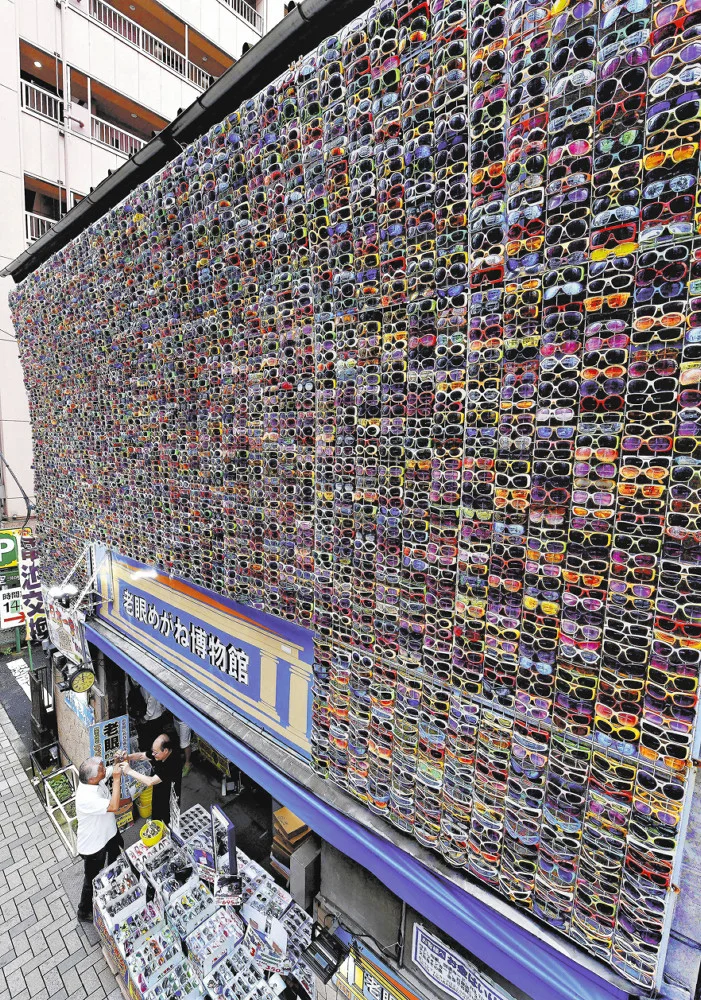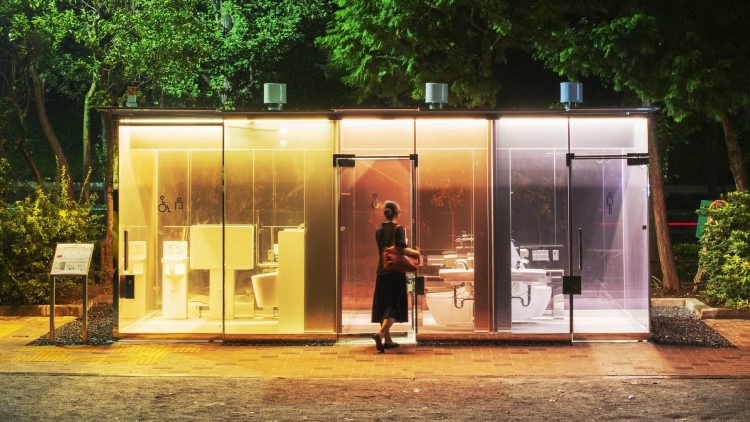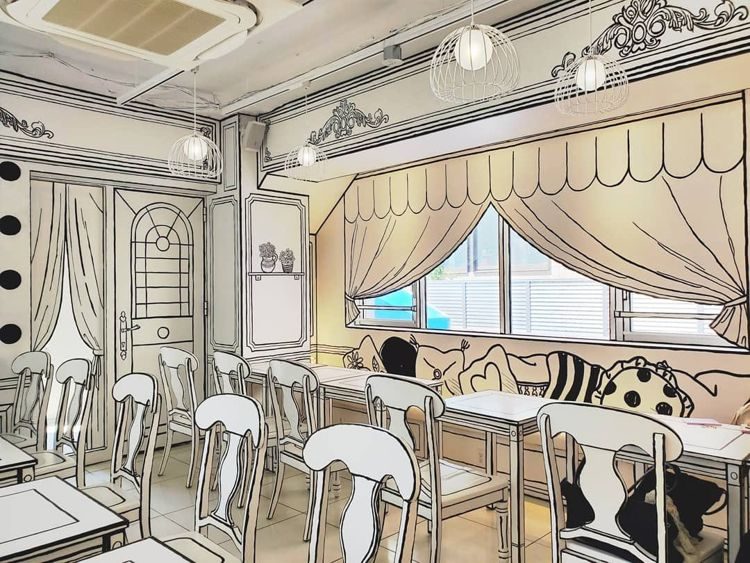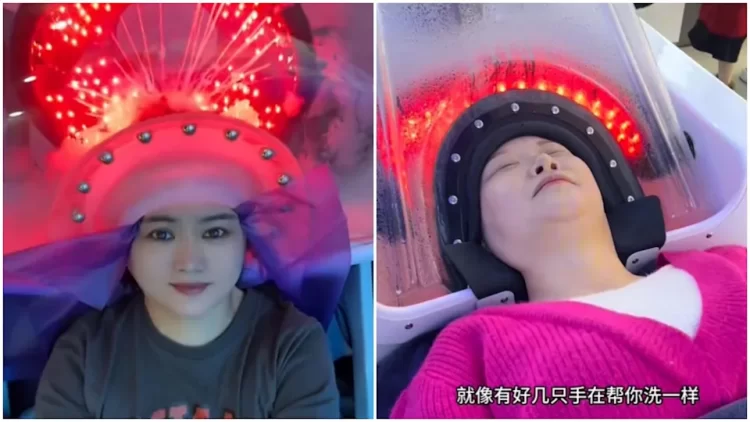For 50 Years, the Rogan Megane Hakubutsukan or Spectacles Museum in Ikeburo, was the most iconic place to go shopping for eyeglasses and sunglasses in all of Japan, probably the world.
Located on the Higashi-dori shopping street in Minami-Ikebukuro, Tokyo, the Spectacles Museum was one of the most Instagram-worthy places in the Japanese capital. Although this was once a simple warehouse, under the guidance of founder and longtime owner Yutaka Takei, it became a giant advertisement for the products being sold inside. What really put the Spectacles Museum on the map was its unique facade, which consisted of thousands of pairs of colorful sunglasses attached to a giant metal frame. It was meant to attract attention, and that’s exactly what it did, in time becoming one of Ikebukuro’s main tourist attractions.



















